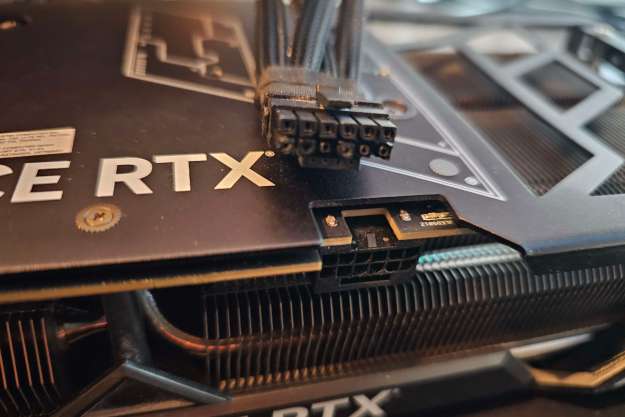
ScriptLogic makes its money helping enterprises, companies, and organizations manage their Windows-based networks. So, to get a feel for how companies were planning for Microsoft’s upcoming Windows 7 operating system, ScriptLogic send out 20,000 surveys to IT professionals and admins to find out how they felt about Windows 7. Some 1,000 surveys were returned, and the results find just 5.4 percent of companies plan to upgrade to Windows 7 by the end of 2009, and 34 percent plan to upgrade by the end of 2010. But, perhaps more ominous, 60 percent of respondents don’t plan to upgrade to Windows 7 at all.
Some forty-two percent of the companies responding said “lack of time and resources” was a principle factor in choosing to avoid Windows 7. Another 39 percent cited concerns over application compatibility, and another part of the survey found that some 35 percent of respondents had already put off upgrades and purchases in order to save money, potentially indicating the economic crunch has companies putting off hardware and software to shore up their bottom lines.
Many companies and enterprises did not shift to WIndows Vista due to concerns over both cost and software compatibility. Businesses that rely on specialized software or devices typically have to perform extensive testing before certifying an operating system for use in their organizations.
Before reading too much into the survey results, it’s important to remember that 1,000 respondents to 20,000 questionnaires represents only a 5 percent response rate, and those responders are self-selecting: both factors mean the results of the survey could be significantly different from trends among Windows-based businesses—let alone the wider the Windows-using world.
Editors' Recommendations
- How to find your Windows 11 product key
- How to find your computer specs on Windows 11
- 7 beloved Windows apps that Microsoft has killed over the years
- PC gamers — Windows 7, 8, and 8.1 are officially dead
- Why the Mac Studio offers something Windows PCs can’t compete with


